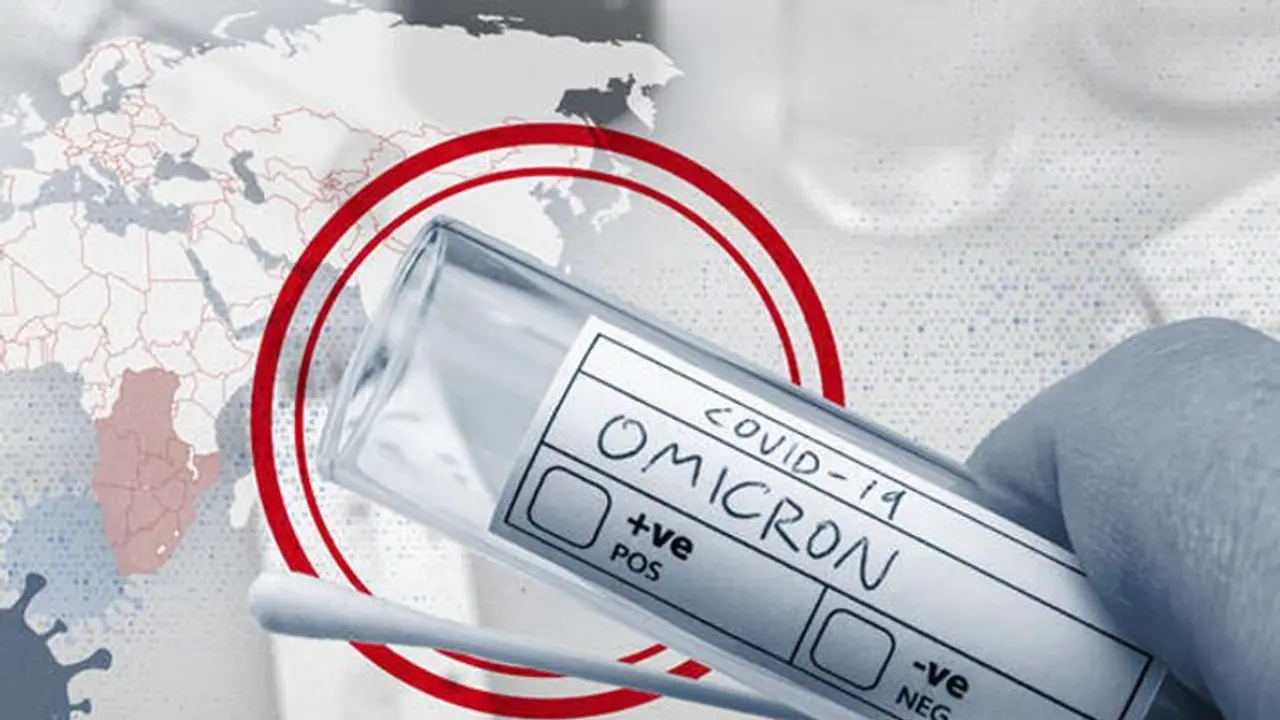In an interview, WHO emergencies director Michael Ryan stated that preliminary evidence does not indicate a more catastrophic situation, despite the additional study being needed.
According to a top WHO specialist on Tuesday, Omicron does not appear to cause more severe illness than previous Covid variants and is "extremely unlikely" to entirely evade vaccine protections. The World Health Organization's second-in-command, speaking to AFP, said that while much more needed to be learnt about the new, significantly altered variety of Covid-19, preliminary evidence showed it did not make individuals sicker than Delta and other variants.

In an interview, WHO emergencies director Michael Ryan stated that preliminary evidence does not indicate a more catastrophic situation, despite the additional study being needed. If anything, the trend is toward less severe punishment. He went on to say that it's early days, and they have to be extremely careful how they interpret that signal.
At the same time, he stated that there was no evidence that Omicron could completely circumvent the safeguards afforded by existing Covid vaccinations.
He also stated that they have incredibly potent vaccinations that have shown success against all varieties of severe sickness and hospitalisation thus far. He believes it will be the same with Omicron, noting preliminary results from South Africa that "suggest the immunisation at least is holding up in terms of protection." Ryan recognised that current vaccinations could be less successful against Omicron, which has more than 30 mutations on the spike protein that dots the coronavirus's surface and helps it to infiltrate cells. However, he believes it is "very improbable" that it will avoid vaccination safeguards entirely.
Also Read | Probability of reinfection in Omicron is three times higher than Delta: WHO chief scientist
Omicron has been discovered in dozens of nations worldwide just two weeks after it was found. Early data from South Africa show that the new version is likely to be more transmissible than prior forms; according to Ryan, this is not surprising. He added that any new variety that arises would likely be more transmissible because it has to fight with earlier varieties.
He stated that because current Covid vaccinations are designed to prevent severe sickness but do not always protect against just getting the virus, reinfections with mild or no symptoms were of less concern. In any event, Ryan stated that despite its alterations, the new variety was still Covid and should be combated using the same methods, such as vaccinations, masks, and physical separation.
